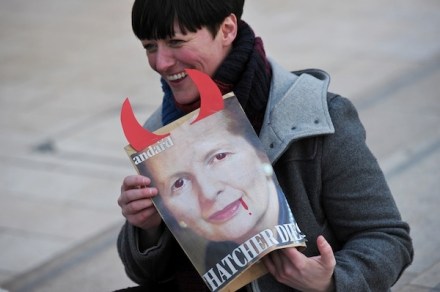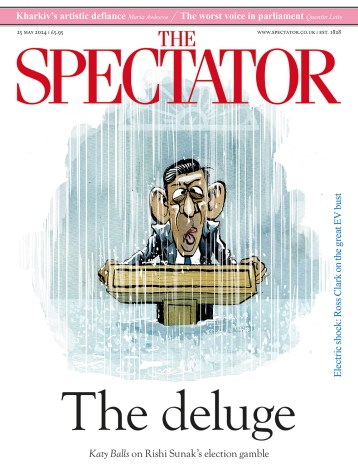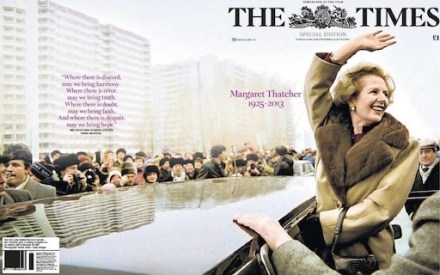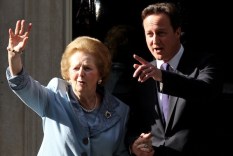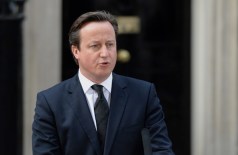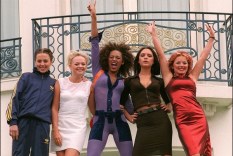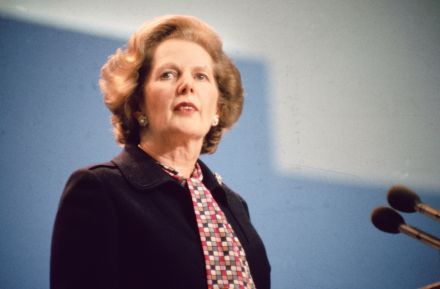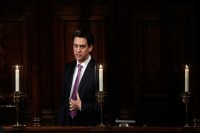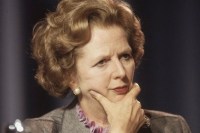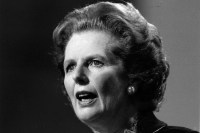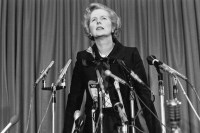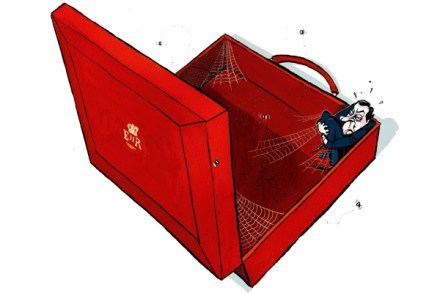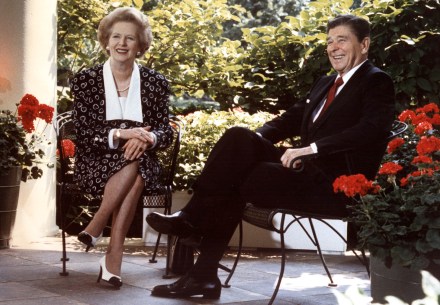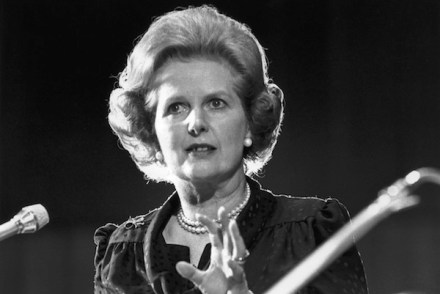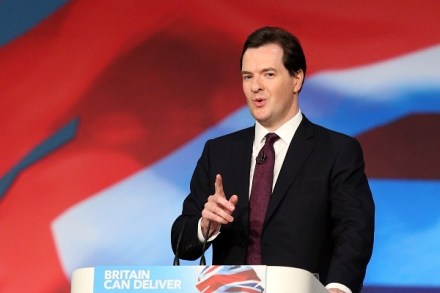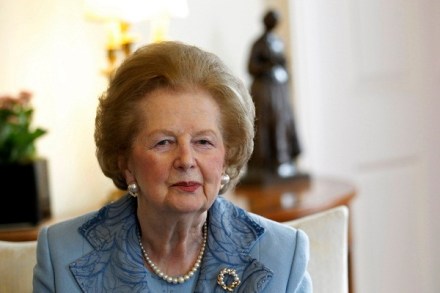An alternative reaction to Margaret Thatcher’s death
On my way home last night, I dropped by Windrush Square in Brixton to observe an alternative reaction to Baroness Thatcher’s death. It was easy to find the party simply by following the cacophony. Around 200 people turned out to engage in a cold evening of drinking, dancing and heckling. Three competing sound systems blasted music against occasional shouts of ‘Maggie Maggie Maggie, dead dead dead’. Was the crowd attempting to make a serious point or was it just an excuse for a drunken party? These pictures should give you an impression of the impromptu event: Ironically from what I could see, many in the crowd appeared rather too young to remember Thatcher: some
